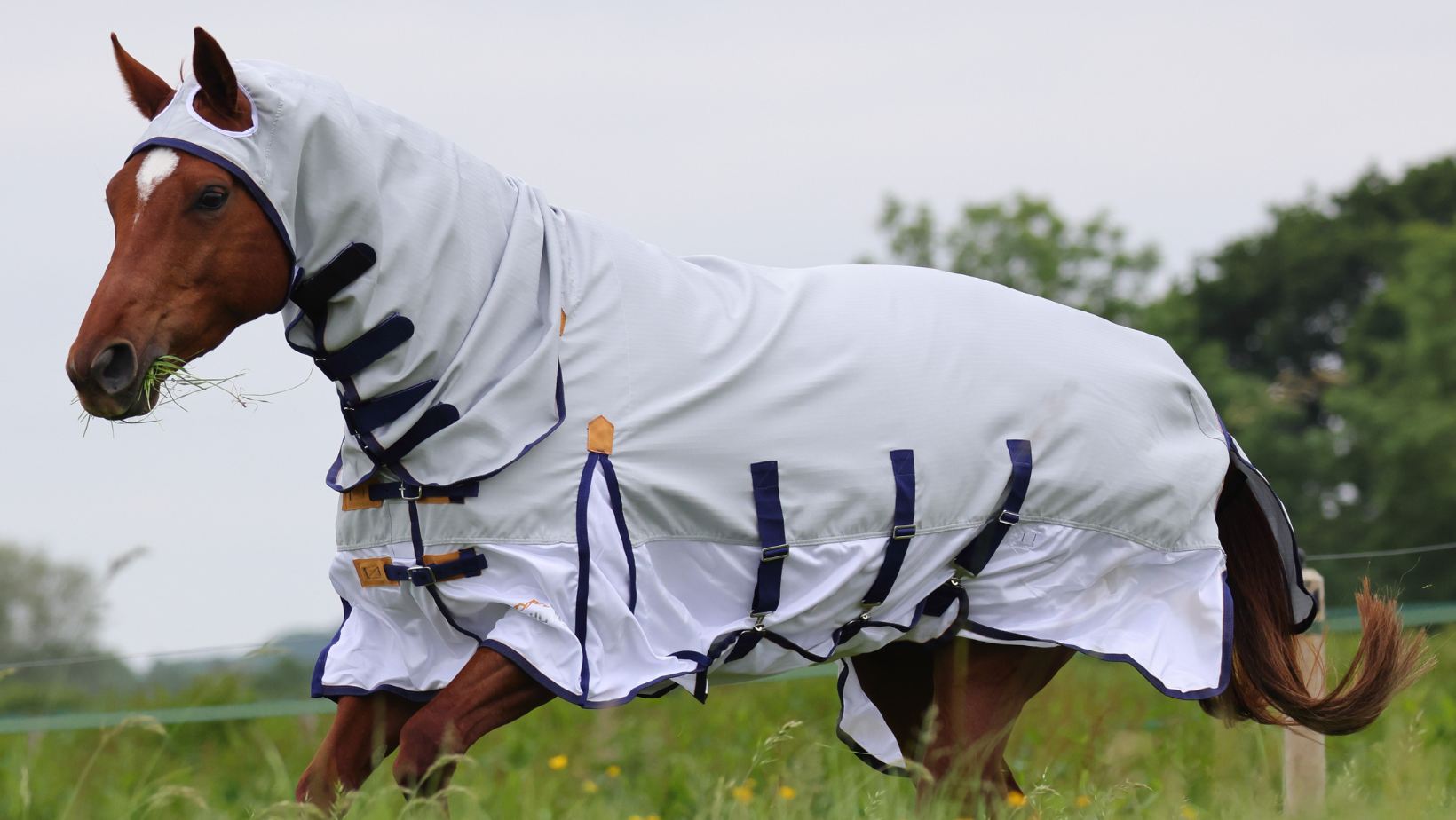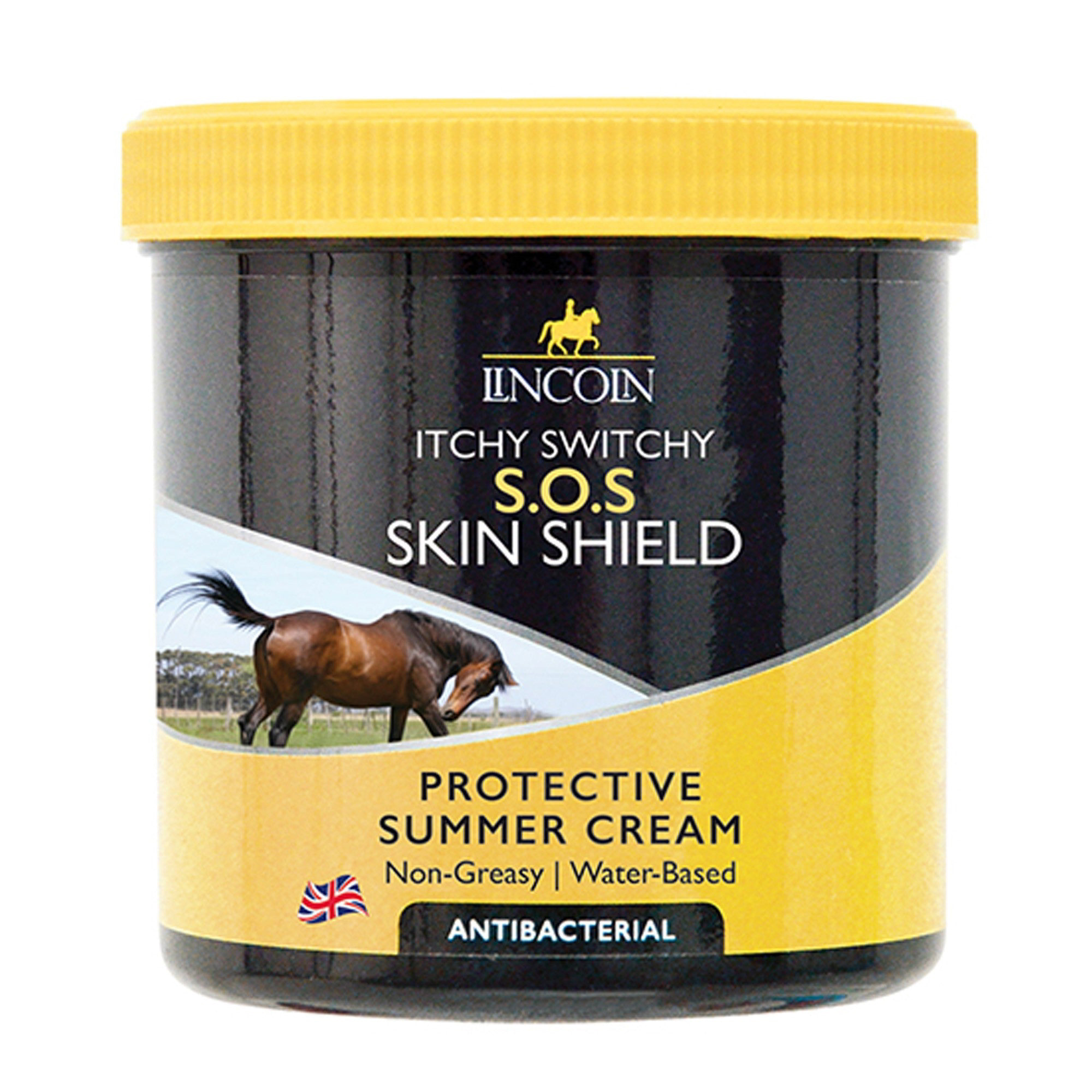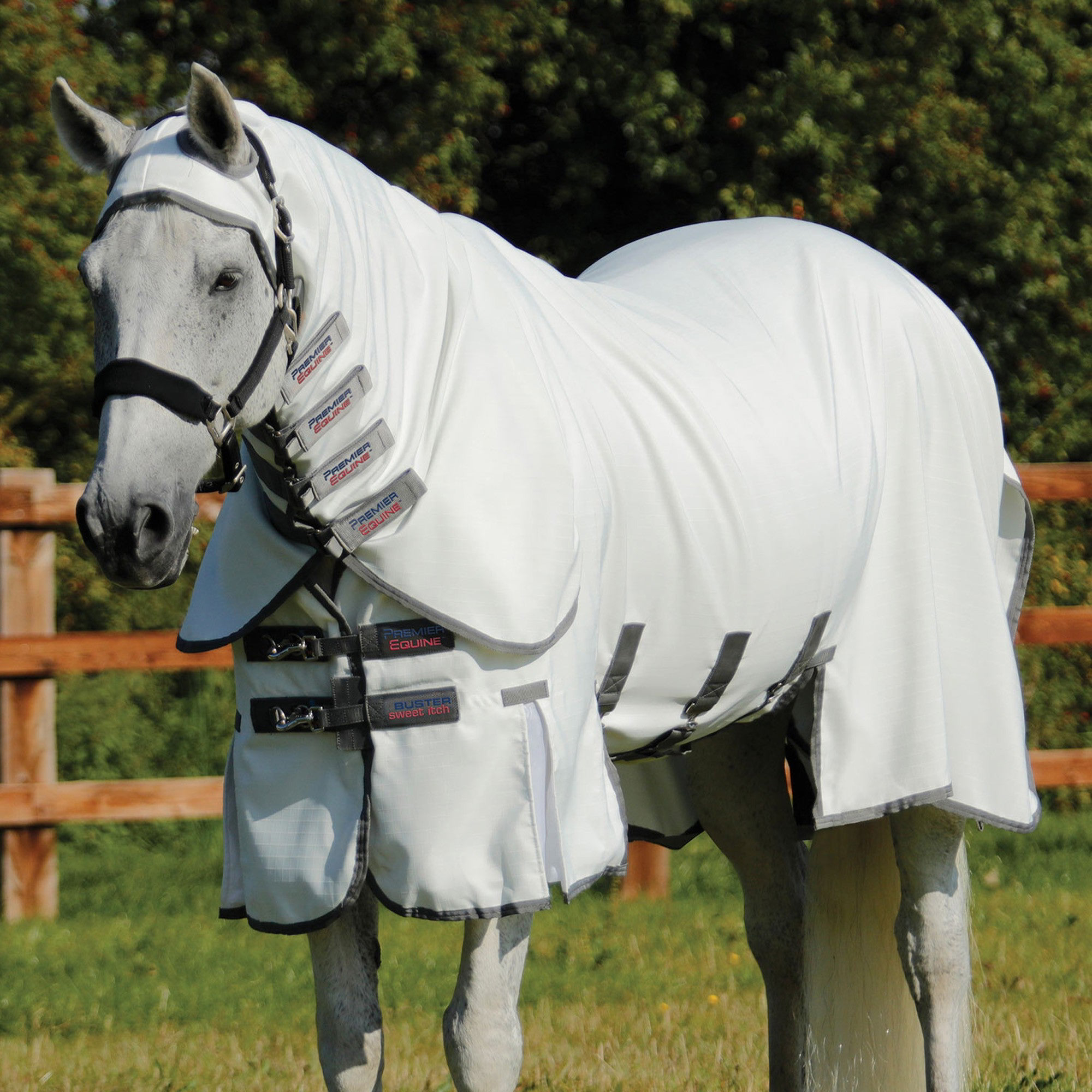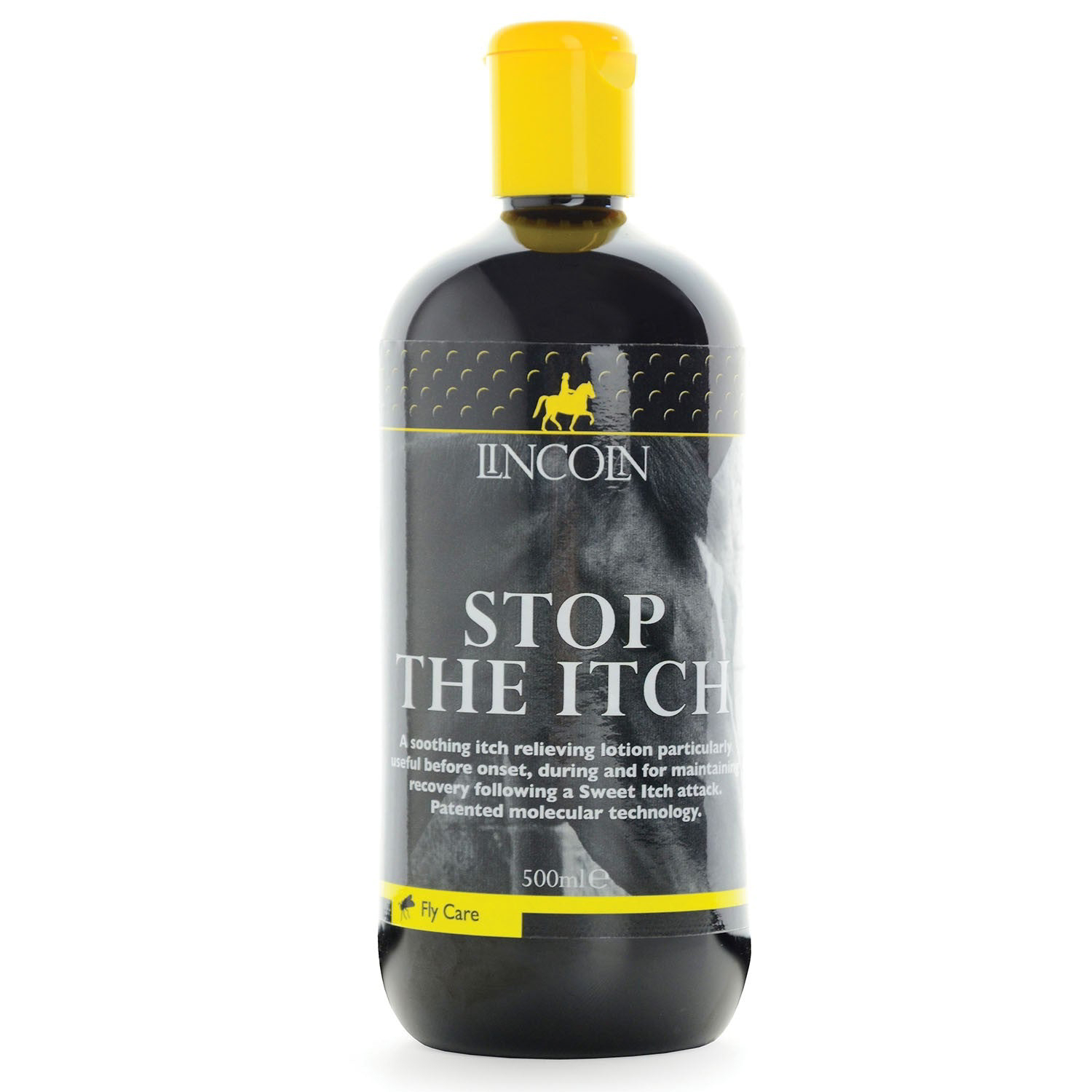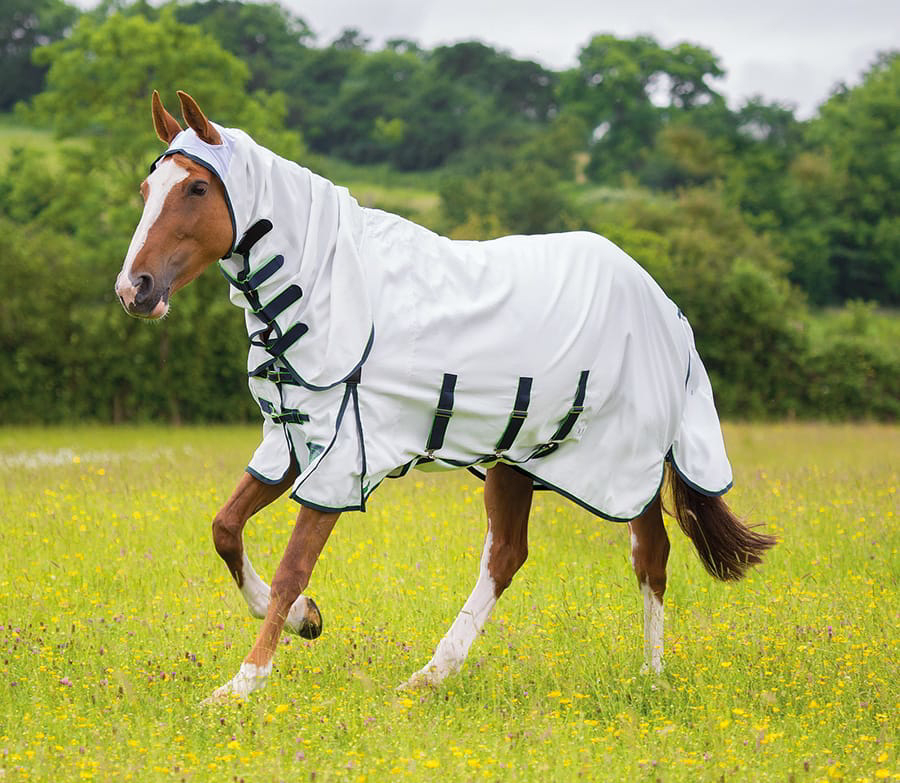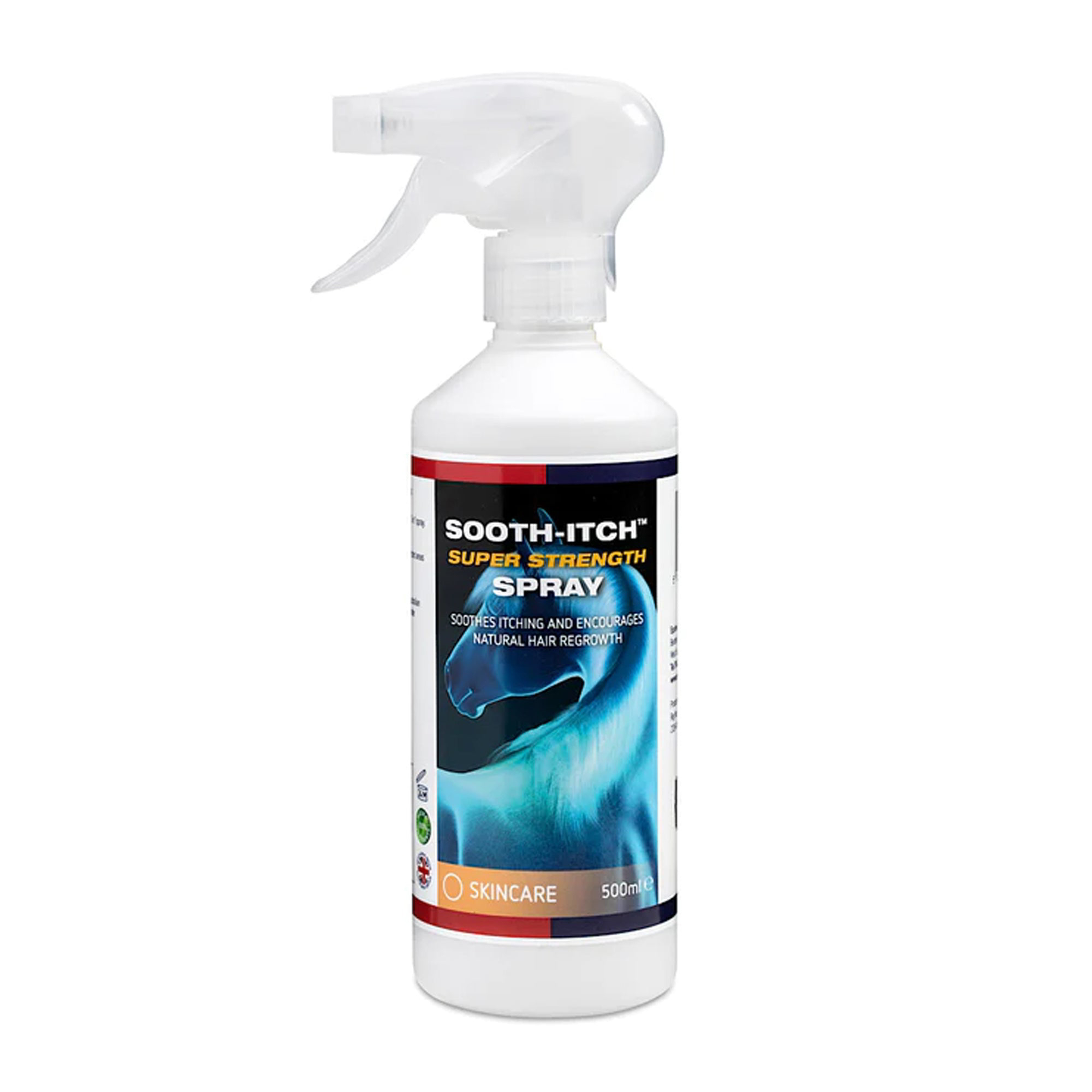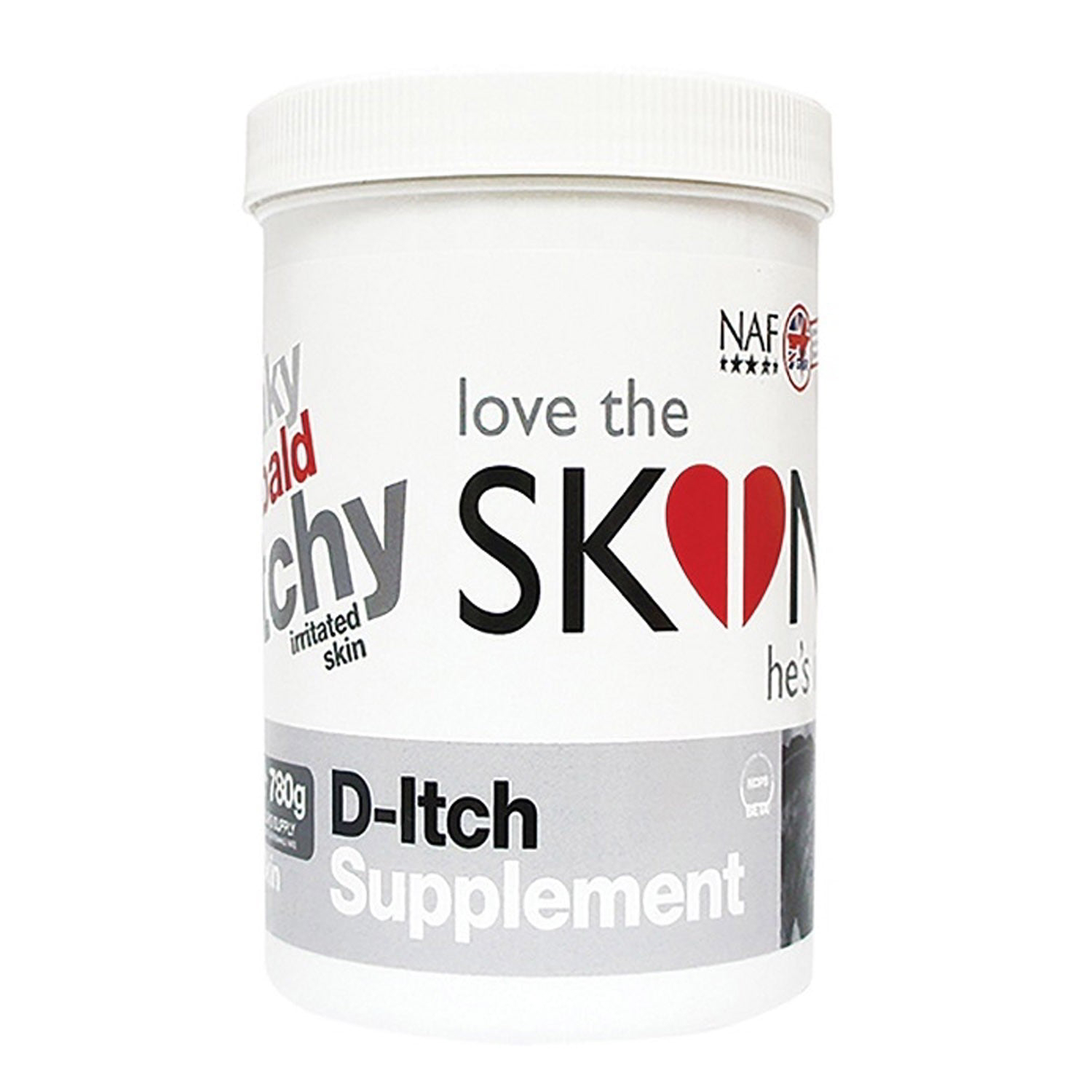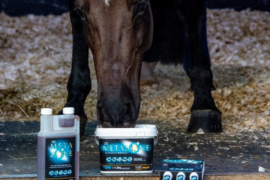What Is Sweet Itch?
Sweet itch is the most common skin condition that occurs in horses. It can affect all breeds no matter what age or gender. However, like most conditions, you will find that some breeds are more susceptible to the condition compared to others.
In brief, sweet itch is the result of an allergic reaction to the saliva of the biting insects such as midges and mosquitos. The saliva causes the body to attack its own immune system which results in the symptoms of sweet itch.
What Are The Symptoms Of Sweet Itch?
Sweet itch can be diagnosed through multiple signs and symptoms, the main one being extreme itching. Horses or ponies that suffer with sweet itch will usually rub on the affected area on items such as fences or doors, often taking off their hair and damaging their skin in the process.
Other signs can include, excessive rolling, swishing of tails and changes in behaviour.
How Can I Prevent Sweet Itch?
Sweet itch is usually prevalent during the hotter months of the year – this is due to the influx of flies and biting insects that make their appearance during this time period. If you know your horse is susceptible to this skin condition, it is always a good idea to put preventative measures in place to stop sweet itch in its tracks.
Sweet itch can be prevented and controlled through various methods, the best one being the ‘Sweet Itch Rug’. By adding a sweet itch rug you are essentially creating a barrier to stop the insects passing through to the skin.
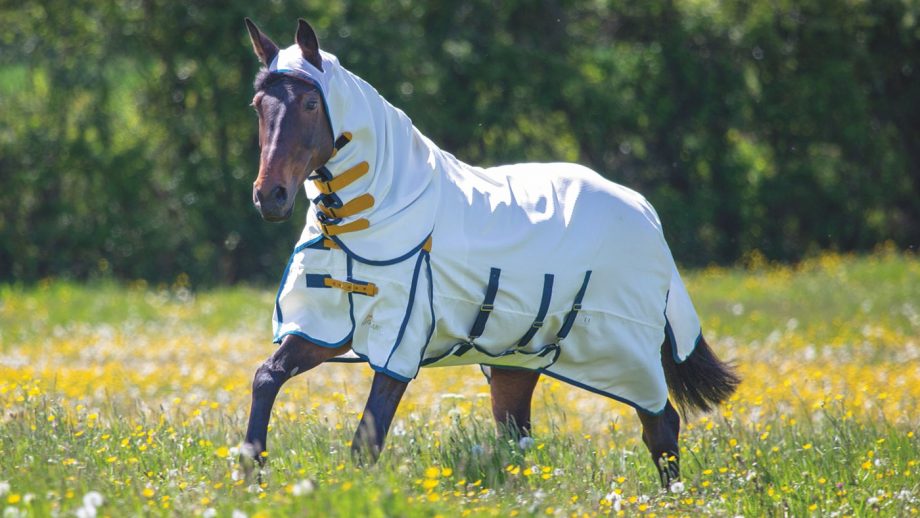
How do sweet itch rugs work? Good question! Sweet itch rugs work by creating a barrier between the horse and the biting insect in question. They are usually made with fine mesh. The holes in the mesh are so small that no bug or insect would be able to get through. Sweet itch rugs also provide additional coverage in comparison to a standard fly rug. You will usually see sweet itch rugs with large tail flaps, belly wraps, ear covers and low sides – all of this extra fabric provides additional protection for your horse.
Ensuring your horse is kept in a clean field is also a great way to prevent midges and insects circulating – midges and biting insects thrive off of damp environments, so it may be advisable to avoid turning out in boggy and wet conditions and to keep your field poo free.

How Can I Treat Sweet Itch?
There are many ways to treat sweet itch if your horse does have a reaction such as soothing lotions, insect repellents and certain medications (in a severe case).

